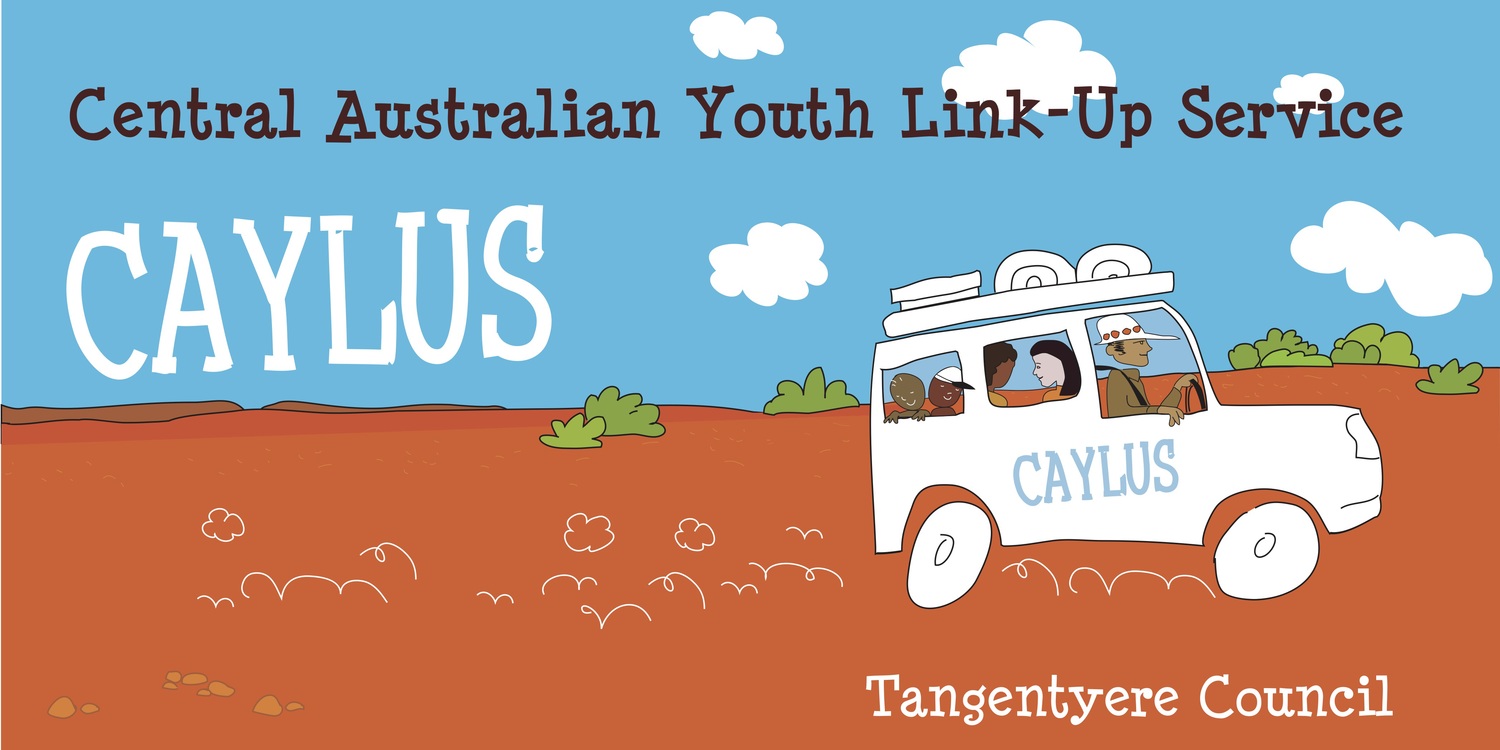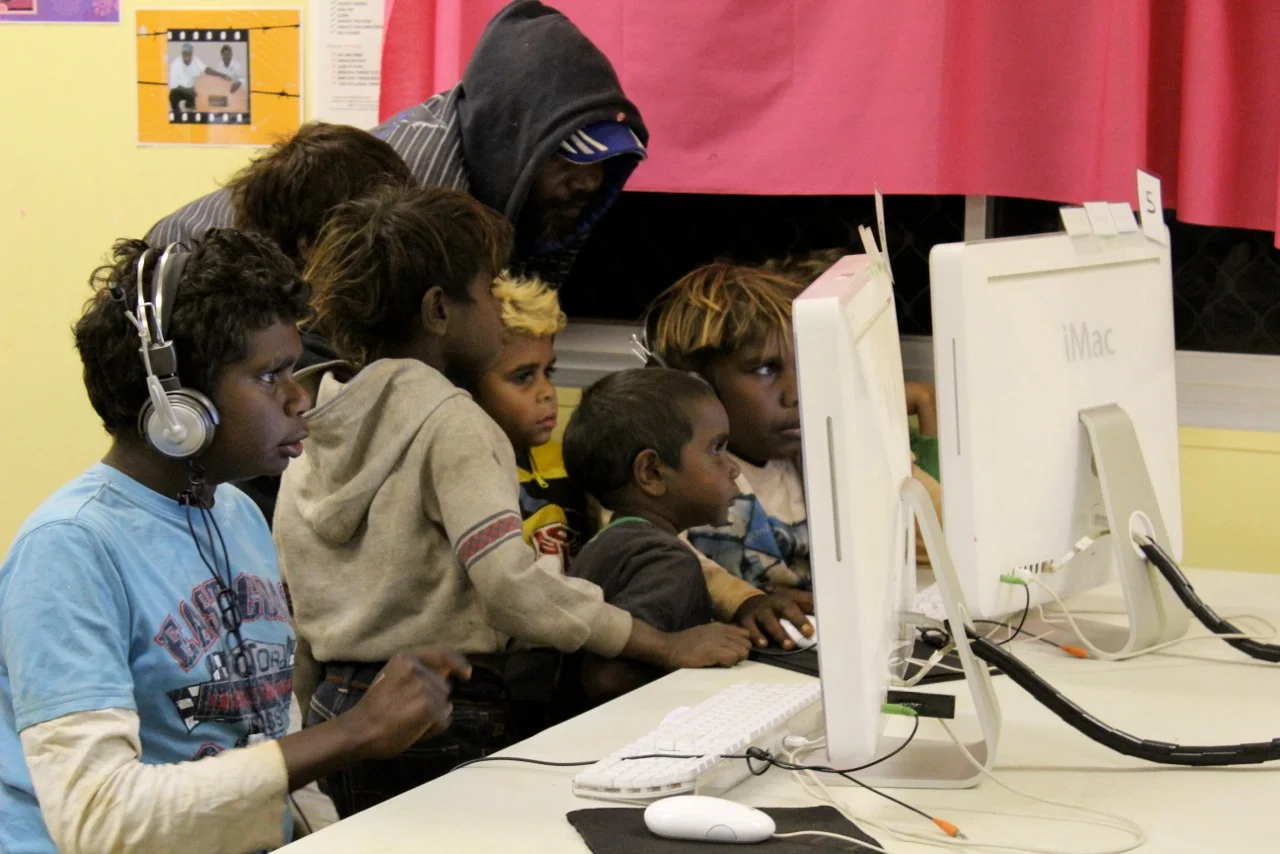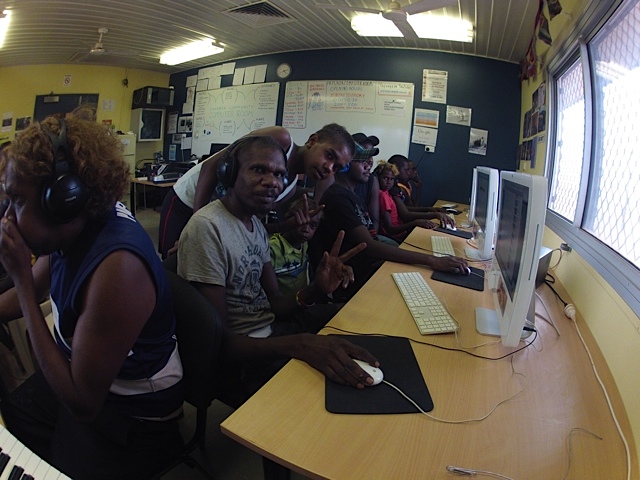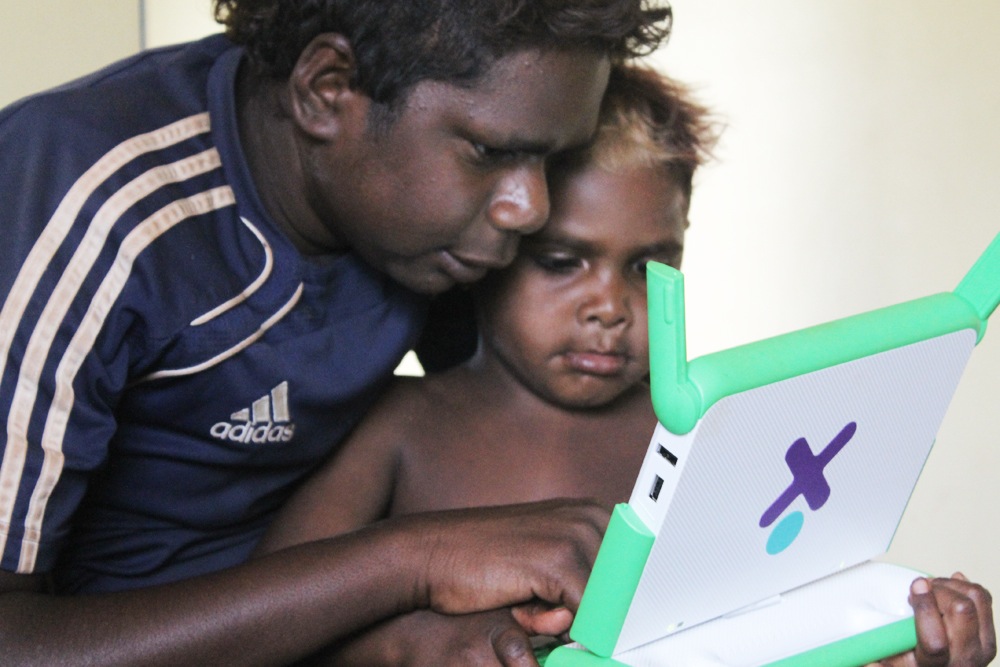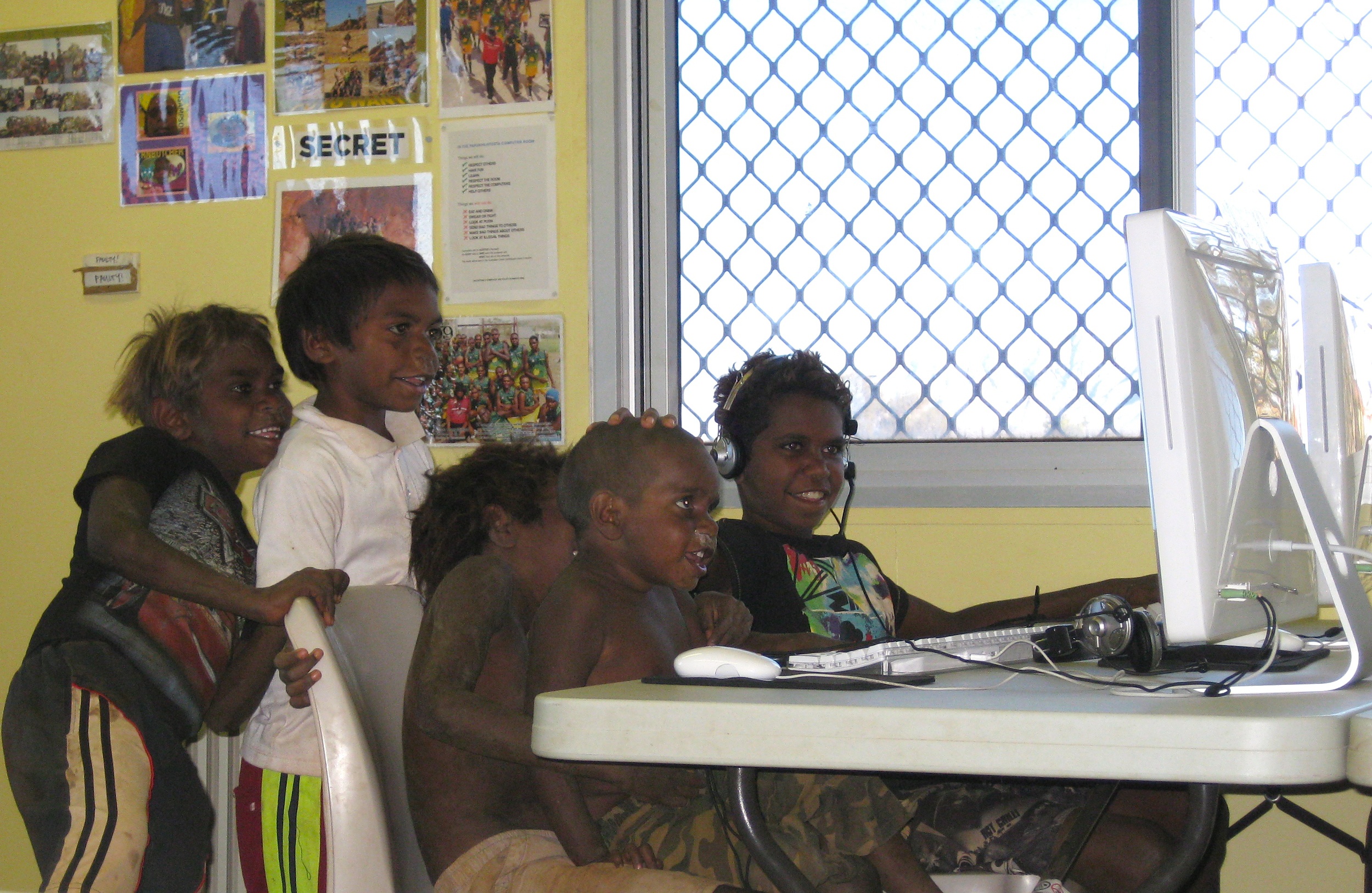The Inquiry identified a cohort of high-risk young Papunya people (14-25) who had substantially missed out on education due to the substance misuse in the community that had been occurring for more than a decade prior to the regional roll-out of low aromatic Opal fuel. Opal fuel reduced sniffing rates by 94% in remote regions, but could not, by itself, reduce the risks to young people without the complementary measures of effective in-community youth programs and facilities.
This documentary looks at some of the good things that have been happening in Papunya NT as a part of efforts to deal with youth substance misuse.
One of the CAYLUS strategies for addressing substance misuse is to work with local communities and other organisations to provide engaging alternative activities for the most at-risk groups of young people in remote communities. Under this strategy Papunya Computer Room was set up as a free community access IT centre and content-filtered wifi internet hotspot, and was used by a broad variety of age- groups in Papunya and community visitors. The Papunya Computer Room was staffed by volunteers, some of whom still regularly return to the community to work on other projects.
When it was run by CAYLUS there were two computer rooms in the facility, one designated for women and girls only. It was open 5-6 days per week (depending on volunteer and staff time and availability), morning and afternoon. We did not charge users as we did not want to put any obstacles in the path of people having access to what has become an essential service, plus we did not want the volunteers who ran the room to have to deal with the complexity of the paying service. Due to the lack of availability of a suitable space in the range of other factors that computer room stopped operating in 2014/15. We continue to look for ways to get it going again. We have retained this information here is a historical record of a successful program.
